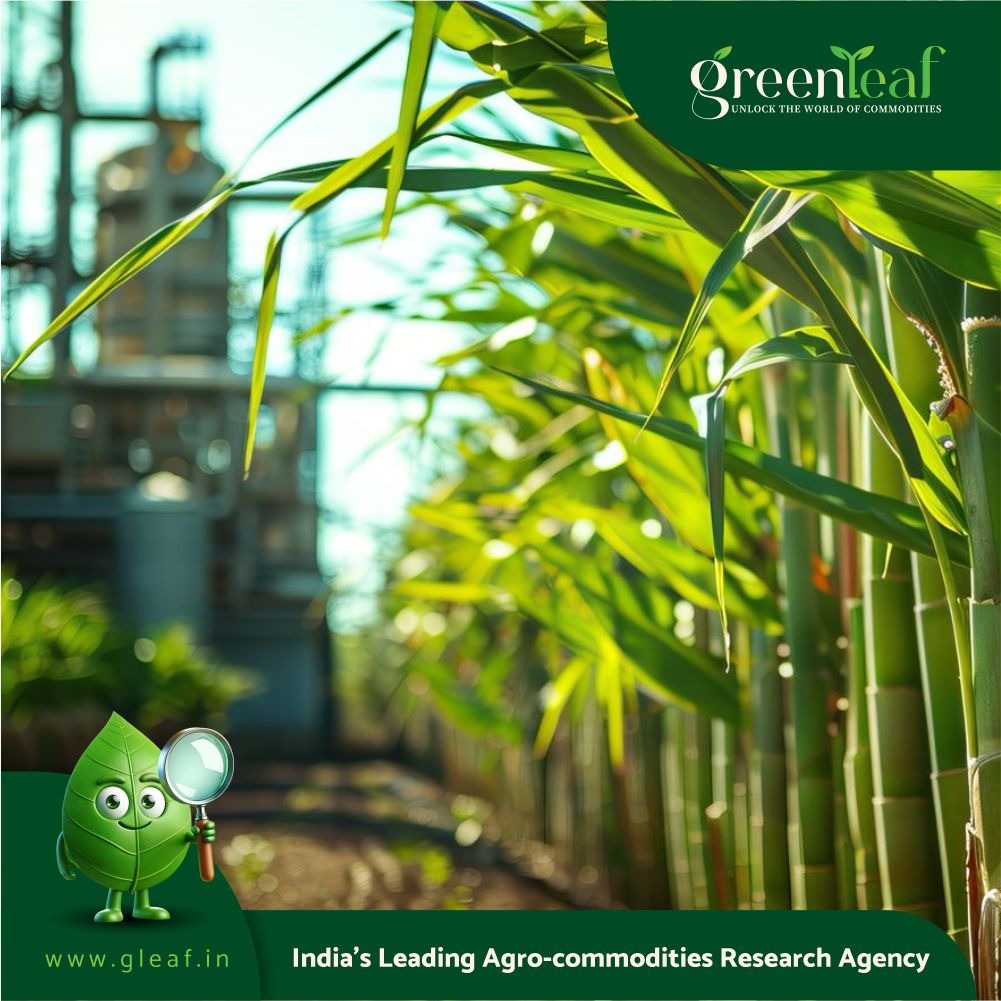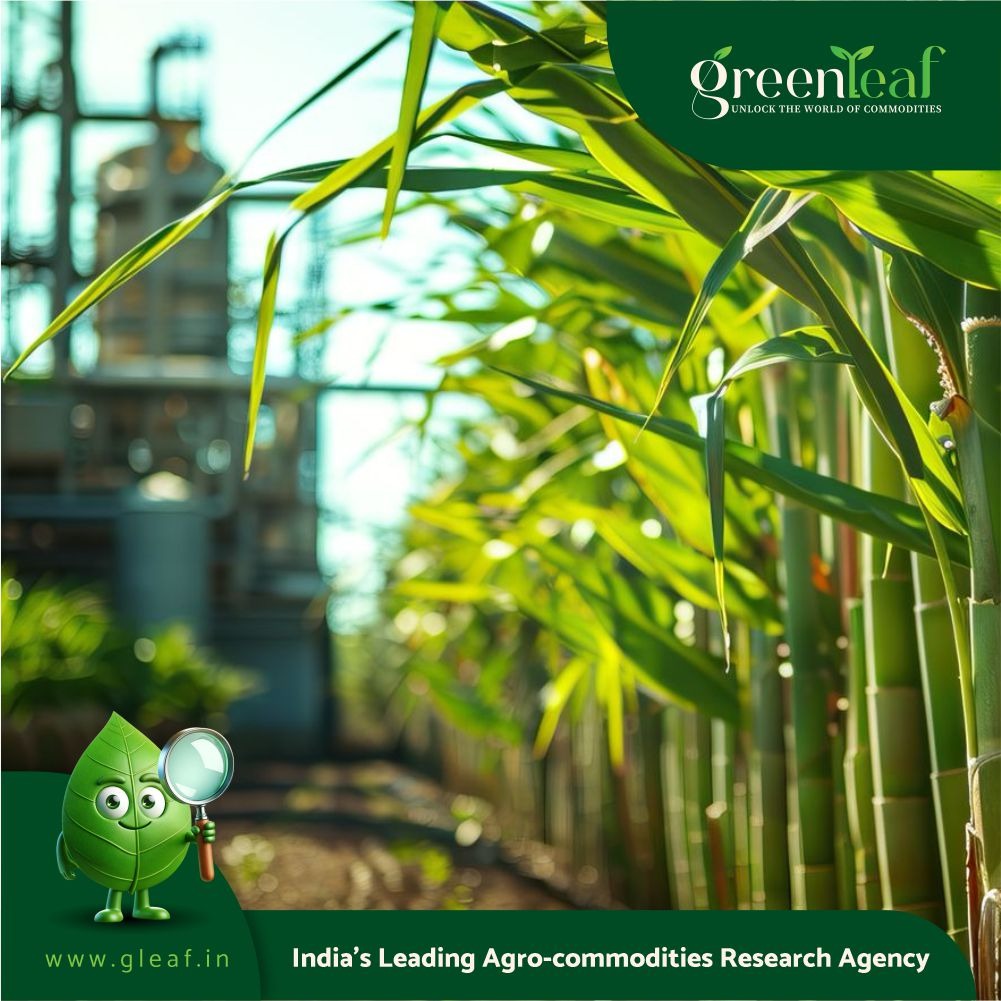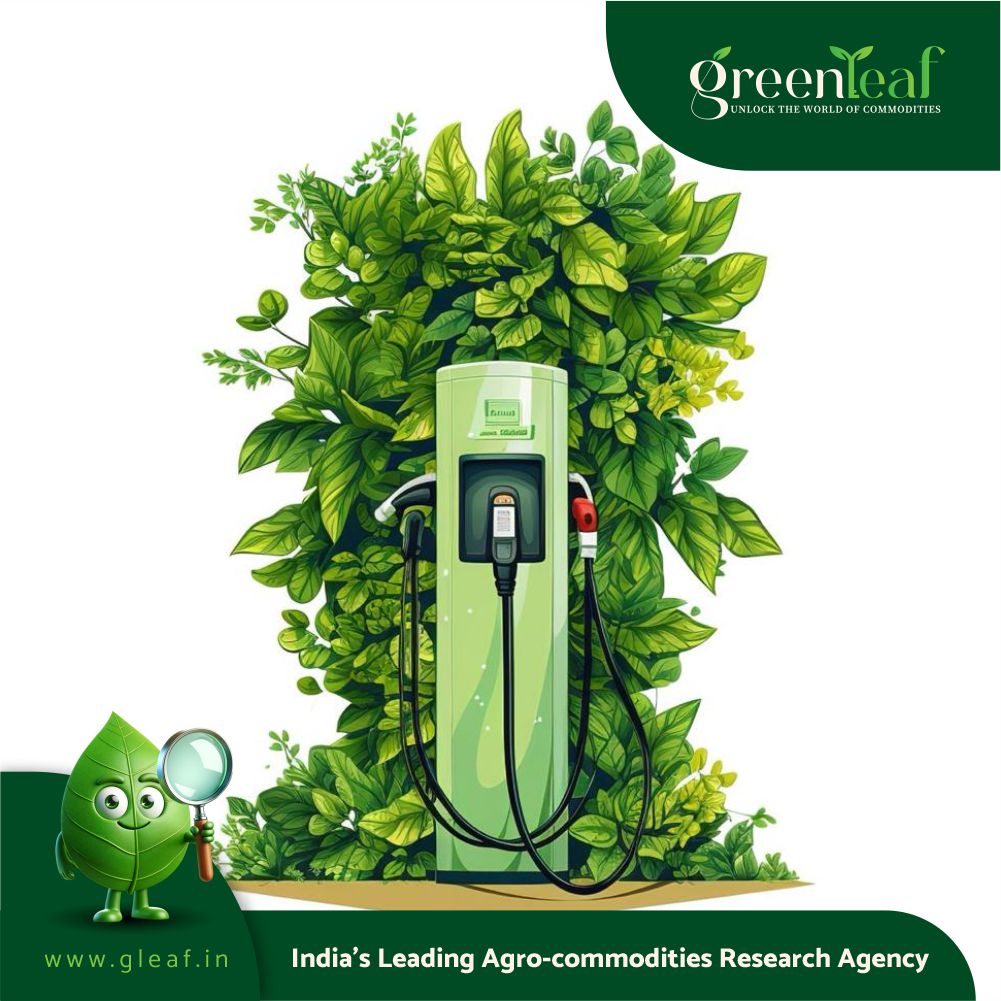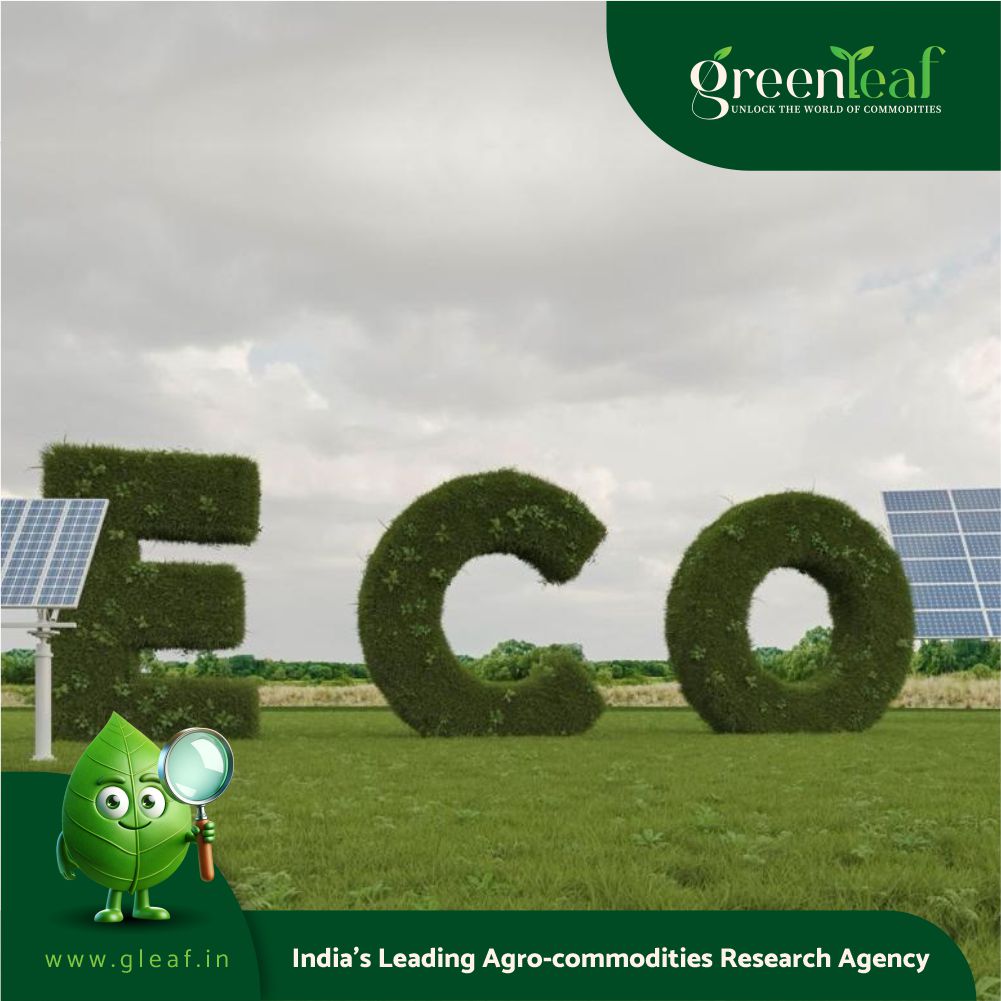A major manufacturer of insulation panels for use in construction has revealed how much it would be prepared to pay for clean hydrogen today — and warned that unless the carbon price rises or new regulations are brought in, it would not be able to pay any more.
Thomas Gladwell, energy and sustainability manager at Germany-based Knauf told the World Hydrogen Week conference in Copenhagen last week that the company is coming under pressure from its customers to decarbonise its operations, and that it is exploring hydrogen as a fuel for use in industrial heat, alongside biofuels.
“Our market is starting to demand a greener outlook on the product,” he said. “Some of our Nordic and Scandinavian plants, they’re driven by the market demand, where there won’t be a market there if we don’t do something about decarbonisation. That’s very much fuelling the whole of this journey.”
Gladwell, who is based at the company’s plasterboard manufacturing plant in Immingham, eastern England, indicated that Knauf envisages clean H2 replacing polluting coking coal.
However, currently the insulation giant would not be able to pay more than £2/kg ($2.60/kg) for hydrogen to decarbonise its operations, Gladwell said — a premium of around £1/kg on the current UK grey H2 price but a far cry from the estimated $8-9/kg it costs to make green hydrogen in Europe today, or $4.40/kg for blue H2 made with fossil gas and carbon capture and storage.
“That’s the reality in our business that unfortunately we have to think about putting some of the costs in different directions, or we simply will have to relocate,” he said. “It's difficult, but it needs to be competitive to allow as little financial strain on the business as possible.”
Knauf arrived at this cost threshold based on the current price of fossil gas (which is used unabated to make grey hydrogen) and that of carbon in the UK, the latter of which is currently dwindling at around £35/tonne ($46/tonne).
“If [the carbon price] goes higher, it very much moves that goalpost and [the pricing] benchmark we can go up to, because it makes a business case then for our opex and capex investments,” he told the conference, adding that mandates could also make a difference.
According to recent analysis from trade body Hydrogen Europe, blue and green hydrogen made in continental Europe would need a carbon price of €160 ($176) and €600 ($658) per tonne, respectively, to compete with grey hydrogen.
Without a higher carbon price or stricter mandates, Gladwell stressed, green hydrogen will be too expensive for Knauf to consider in the UK, unless the government is prepared to stump up vast sums of cash to bridge the gap between what offtakers can afford to pay and the cost of H2 production.
“My sources are telling me that green electrolytic hydrogen is going to be around £10 per kilogram,” he said acknowledging that this means that the UK government’s Contracts for Difference subsidy model could see the state paying a staggering £8/kg to subsidise green H2 production.
Counterintuitively, the UK’s subsidy programme is also “hindering progression” among Knauf’s potential green hydrogen suppliers, he warned.
“When we talk about molecule supply to our factories, people are reluctant to make that first step because they’re worrying about missing out on subsidies by the government,” he said. “So I think it’s very much a balance between we need subsidies there to try and drive [clean hydrogen projects] forward, but also we need mandates as well, so we all go on that journey together.”
Knauf is also exploring the use of biofuels in its industrial burners, and has not yet made any commitments to offtake H2.
“While hydrogen presents exciting opportunities for driving industrial decarbonisation in the UK, greater policy certainty is needed around infrastructure, supply chains, and subsidies,” a spokesperson for Knauf told Hydrogen Insight.
“Hydrogen alone cannot be the sole solution. Efficiency measures will only drive decarbonisation so far, and alternative fuels must also be considered in our path to net zero. A combination of technologies and fuels will likely be key to achieving decarbonisation, especially in hard-to-abate sectors.”
Immingham is one of two sites owned by the Knauf in the UK. The parent company has 29 factories making range of insulation products across 15 countries including the US, Canada, Germany and the Nordics.
















